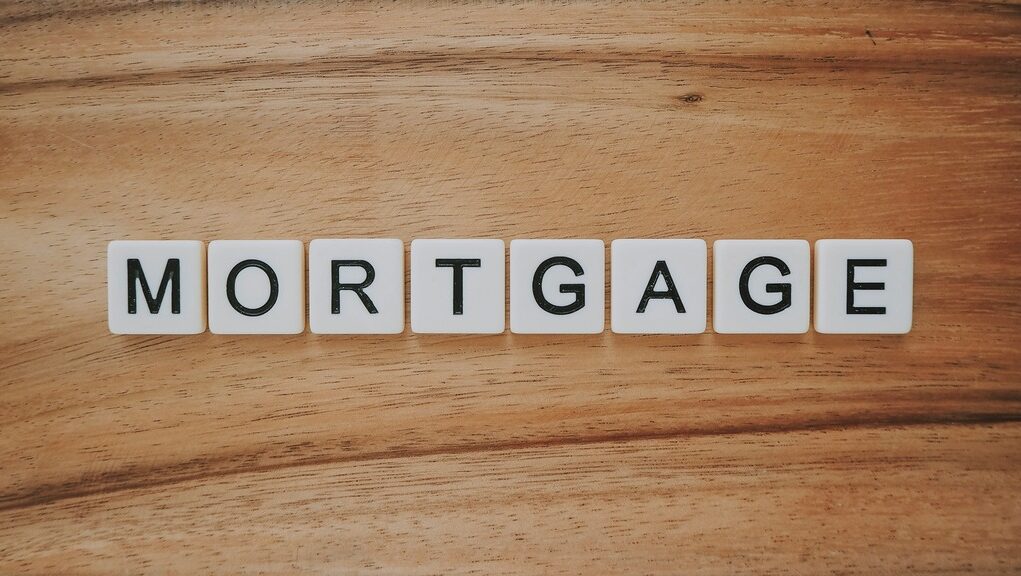When you’re applying for a mortgage to buy a home, it’s crucial to understand the various terms and conditions associated with the loan. Here’s a simplified guide to help you navigate through the key aspects of mortgage terms and conditions.
Mortgage Interest Rate
The interest rate is the percentage charged by the lender for borrowing the money to buy your home. It directly affects your monthly mortgage payments and the total amount you’ll pay over the life of the loan. Interest rates can be fixed (remain the same throughout the loan term) or variable (change periodically based on market conditions).
Loan Term
The loan term is the length of time you have to repay your mortgage. Common loan terms are 15 years, 20 years, or 30 years. A shorter loan term typically means higher monthly payments but less interest paid over the life of the loan, while a longer term results in lower monthly payments but more interest paid overall.
Principal and Interest Payments
Your mortgage payment consists of two main parts: principal and interest. The principal is the amount borrowed to purchase the home, while the interest is the cost of borrowing that money. In addition to principal and interest, your monthly mortgage payment may also include property taxes and homeowners insurance, which are often held in an escrow account.
Down Payment
The down payment is an upfront monetary payment made toward the buying price of a home. It is usually represented as a percentage of the overall purchasing price. A larger down payment often results in a lower loan amount and may help you qualify for a better interest rate or avoid private mortgage insurance (PMI).
Private Mortgage Insurance (PMI)
If your down payment is less than 20% of the home’s purchase price, your lender may require you to pay PMI. PMI protects the lender in case you default on the loan. It is an additional cost added to your monthly mortgage payment until you reach a certain equity level in the home.
Closing Costs
Closing costs are fees paid at the closing of the mortgage transaction. These costs include lender fees, appraisal fees, title insurance, attorney fees, and prepaid items such as property taxes and homeowners insurance. It’s important to budget for closing costs, which typically range from 2% to 5% of the loan amount.
Prepayment Penalties
Some mortgage loans may include prepayment penalties, which are fees charged if you pay off the loan early or make extra payments beyond a certain limit. Before signing a mortgage agreement, ask your lender about any prepayment penalties and consider whether they align with your financial goals.
Adjustable-Rate Mortgages (ARMs)
An adjustable-rate mortgage (ARM) has an interest rate that may change periodically, usually after an initial fixed-rate period. ARMs typically offer lower initial interest rates compared to fixed-rate mortgages but carry the risk of future rate increases, which could lead to higher monthly payments.







































